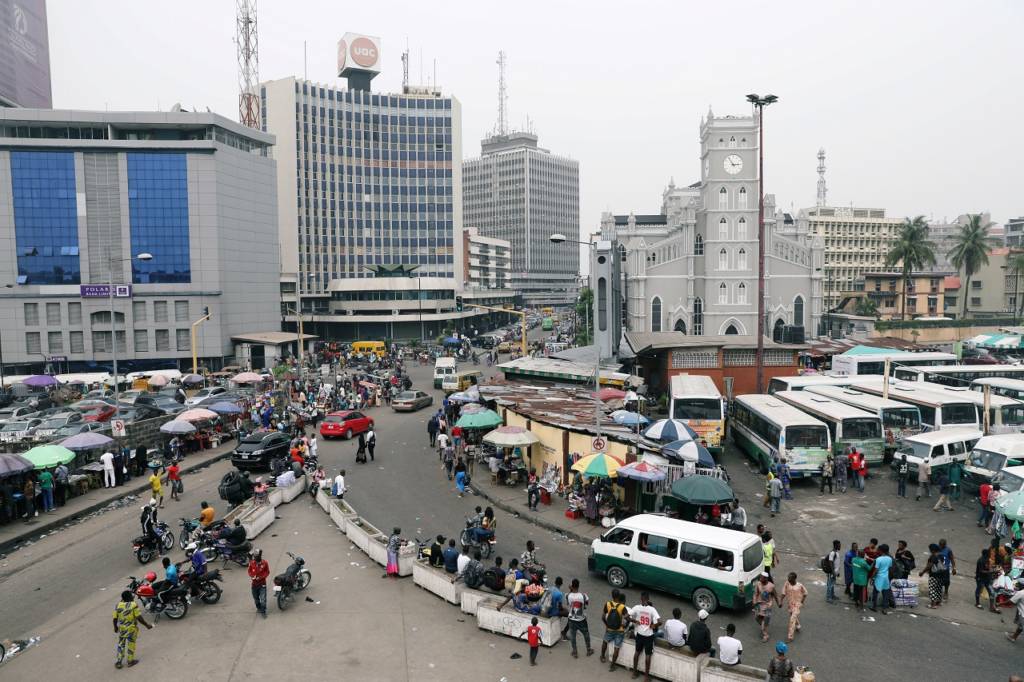Private sector worried about rising costs, investment decline, insecurity

Members of the Organised Private sector (OPS), have expressed concerns about growing insecurity in Nigeria, saying an unsafe environment poses a major risk to investment, even as the country recorded no improvement in the global security perception.
The President, Lagos Chamber of Commerce and Industry (LCCI), Mrs Toki Mabogunje, while speaking at the chamber’s security roundtable, tagged: “Security Meets Business”, in Lagos, yesterday, said business cannot thrive in environment that is unsafe or perceived as insecure, adding that the security of life and property is a critical factor in investment decisions.
She noted that insecurity erodes business and investors’ confidence, resulting in disruption of domestic supply chains, and weakening of capital formation required to drive significant economic growth.
Specifically, she said the growing level of insecurity has led to increasing cost of providing additional security for economic activities in some key sectors facilitated by road transportation like distributive trade. Besides, export and tourism remain stifled, with disruptions to agricultural production at the local levels as a result of fear of attack as well as increasing social cost as a result of worsening humanitarian crises.
“Our country continues to contend with intractable security challenges bothering on insurgency attacks by Boko Haram terrorists, killings by armed banditry, herdsmen/farmers clashes, religious and ethnic crisis, kidnapping for ransom, armed robbery and cultism.
“These security challenges are widespread and experienced in practically all geopolitical zones and regions in the country and the impact on economic activities has been negative and profound.
“In comparison with 2018 ranking, there was no improvement in our global security perception. This outcome naturally makes it more challenging for us as a country to attract new investment and grow the economy. The current situation has significant implications for the business environment,” she added.
On his part, the Secretary to the Government of the Federation, Boss Mustapha, noted that insecurity persists in Nigeria because of issues of unemployment, corruption, imbalance in development, weak judicial system, illiteracy, inadequate social amenities, open borders, among others.
Mustapha, who was represented by the Permanent Secretary, Special Services, Office of the Secretary to the Government of the Federation, Amina Shamaki, added that the unemployment and shrinking or eroding socio-cultural values, contribute to the high level of insecurity, noting that neglected members of the society are mostly enlisted by terrorists.
He said: “Unemployment is one of the root causes of insecurity. Our people believe only government jobs could suffice especially as it relates to job security. The corporate world could assist by swaying notions away from this stereotype by equally, enthroning clearly, defined job security policies as government alone cannot provide employment for all Nigerians.”
“If we all, at individual and family levels, account for all our children and wards, and take personal interest in their individual development and conduct, they will not be available or willing tools for recruitment to banditry and terrorism.
“Every member of the society has his or her level of responsibility; some to volunteer information, some to provide counselling and some to engage in the theatre of the war itself.
“Above all, we must all resort to our moral and religious, socio-cultural values which will make all of us protect the sanctity of the human life, abhor immoral and irresponsible behaviours and live up to our responsibility of raising good members of the society.”
Culled From guardian.ng
